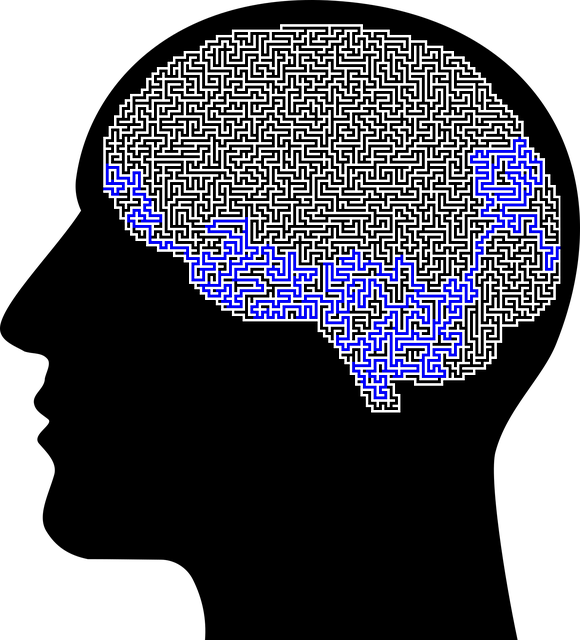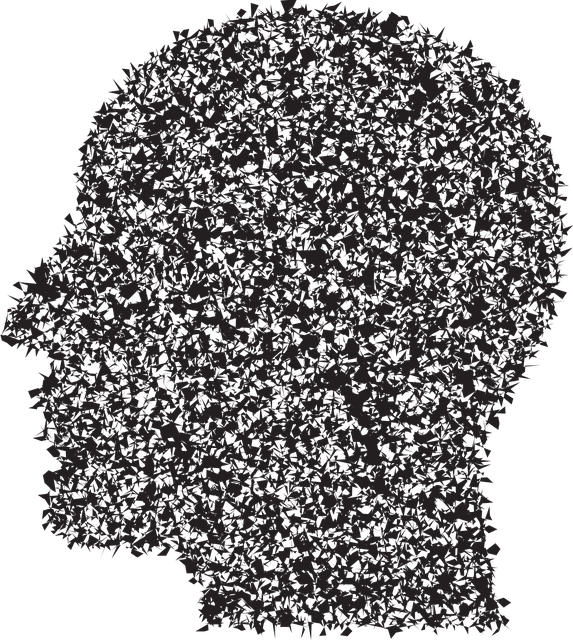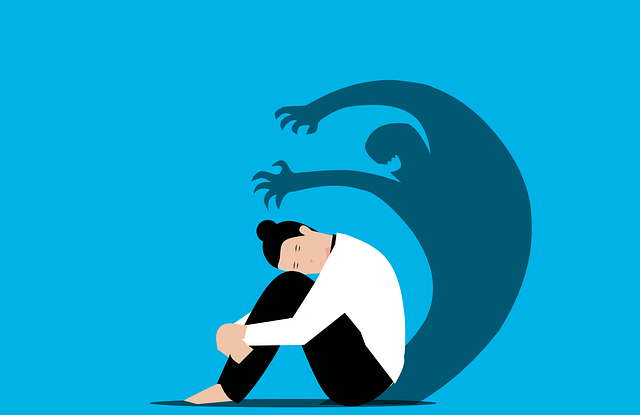Mental wellness coaching offers a novel, holistic therapy for adults with psychosis, focusing on personal growth and skill development to manage symptoms. Combining therapeutic techniques with practical strategies, these programs incorporate evidence-based practices like CBT and family involvement, addressing specific psychotic symptoms while promoting emotional healing. Regular communication, feedback, and continuous improvement ensure the effectiveness of these coaching programs, enhancing participant outcomes, fostering engagement, and building inner strength for long-term mental health management and improved quality of life.
Mental wellness coaching programs are revolutionizing the approach to treating adults with psychosis, offering a holistic alternative to traditional therapy. This article delves into the development and effectiveness of these tailored interventions, focusing on strategies to address specific needs. From understanding the unique challenges of adult psychosis to designing targeted programs and ensuring continuous improvement, we explore innovative ways to enhance mental wellness. Discover how these coaching methods provide hope and support for individuals navigating the complexities of psychotic disorders.
- Understanding Mental Wellness Coaching: A Holistic Approach to Adult Psychosis Treatment
- Designing Effective Programs: Strategies for Targeting Specific Needs of Adults with Psychosis
- Implementation and Continuous Improvement: Ensuring Success in Mental Wellness Coaching Interventions
Understanding Mental Wellness Coaching: A Holistic Approach to Adult Psychosis Treatment

Mental wellness coaching offers a holistic approach to addressing adult psychosis, shifting focus from traditional therapy models. This innovative treatment aims to empower individuals through personal growth, skill development, and community connection. By combining therapeutic techniques with practical strategies, coaches guide clients towards improved mental well-being, enhanced coping mechanisms, and increased resilience in managing symptoms of psychosis.
Coaching programs often incorporate elements like crisis intervention guidance, confidence-boosting activities, and community outreach program implementation to create a supportive environment. This approach moves beyond symptom reduction, fostering a sense of purpose, self-acceptance, and connection with others—crucial factors for long-term recovery and overall well-being.
Designing Effective Programs: Strategies for Targeting Specific Needs of Adults with Psychosis

Designing effective mental wellness coaching programs for adults with psychosis requires a nuanced approach that targets specific needs. Therapy for adults with psychosis should be tailored to address symptoms like hallucinations, delusions, and cognitive impairments while fostering emotional healing processes. Mental health education programs design that incorporate evidence-based practices, such as cognitive-behavioral therapy (CBT) and family involvement, have proven successful in managing psychotic disorders.
A well-structured program can include a mental wellness podcast series production featuring peer support, expert interviews, and practical tips to demystify psychosis and promote recovery. By integrating these strategies, coaching programs can enhance the overall well-being of individuals affected by psychosis, offering them tools for self-management and improved quality of life. Emotional healing processes are central to this journey, as they help individuals process their experiences, build resilience, and reconnect with their communities.
Implementation and Continuous Improvement: Ensuring Success in Mental Wellness Coaching Interventions

The successful implementation of mental wellness coaching programs relies on a continuous improvement approach. This involves regularly assessing and adapting the interventions to meet the evolving needs of participants, especially those with complex conditions like psychosis. By fostering an environment that encourages open communication and feedback, coaches can identify areas for enhancement and ensure the program remains effective.
Regular monitoring and evaluation are key to this process, allowing for the refinement of coaching techniques and strategies. This iterative approach not only improves outcomes but also fosters a sense of ownership and engagement among participants. Ultimately, it empowers individuals to develop inner strength, enhance mental health awareness, and prevent burnout, ultimately contributing to their overall well-being.
Mental wellness coaching programs offer a promising holistic approach to treating adults with psychosis, addressing specific needs through tailored strategies. By implementing these programs and continuously improving based on outcomes, we can significantly enhance therapy for adults with psychosis, fostering better mental health and improved quality of life.













